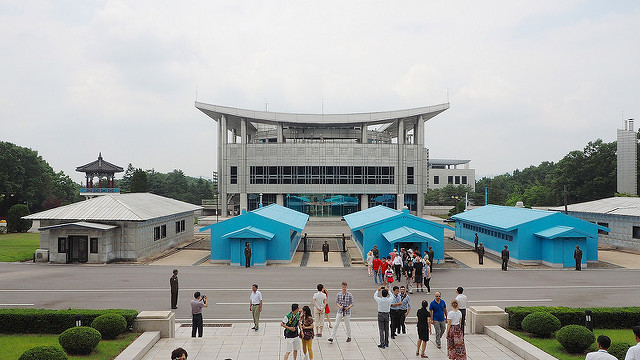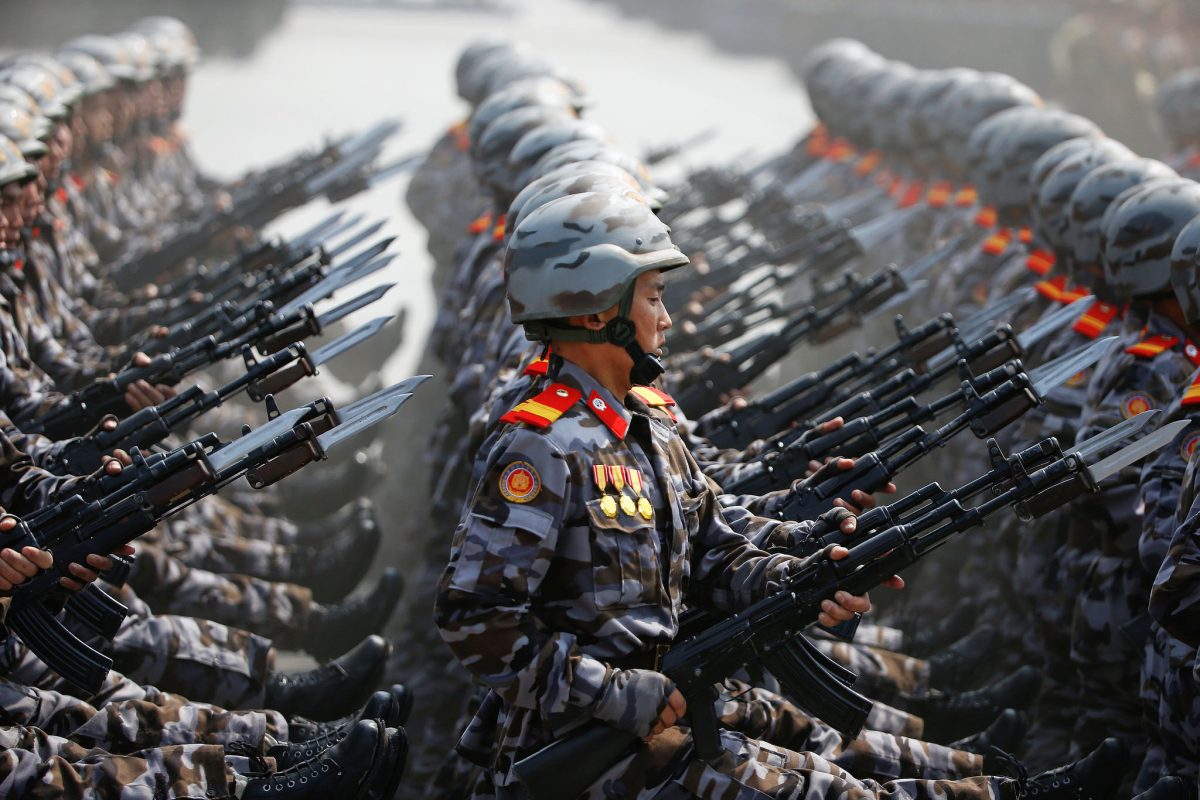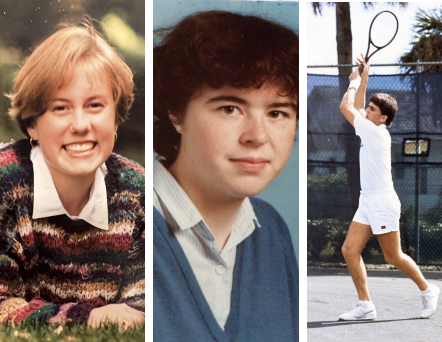Today, North Korea is constantly being reported on in the news, whether it be for the country’s military or their attempts at nuclear weapons. North Korea is now reaching the final stages necessary in order to launch a nuclear missile that is capable of reaching the American mainland, according to The Washington Post.
One Army veteran named Gregory Porter, who was stationed in Korea, believes that North Korea is an enormous strategic problem due to the fact they have such a vast military and an emerging nuclear program that might finally be producing dangerous results. However, while this remains only one person’s personal point of view, it reflects a growing sentiment that is felt by others in the country at large.
When asked about the North Korea Porter said, “What is interesting about Korea is that the war is still going on. There was never a treaty, only cease fire.” There are still some people who will get shot in that area. “When I was there, [the Demilitarized Zone in Korea] was only one of two places in the US military where everything was live all the time, ammunition was in the gun not in your pocket.”
Porter said that, in his point of view, North Korea is one of the most challenging strategic problems in the world today and it is very difficult to know what to do. It is also important to realize that Seoul, the capital of South Korea, is within the range of vast amounts of nuclear artillery. In addition, even if the US military had first strike capability to take out their nuclear arsenal, it sits so close to cities with a population of millions. North Korea also has a vast military, one of the largest in the world.
“[North Korea] is a huge problem,” Porter explains. “But the current escalation of rhetoric and saber rattling is not the right solution. Also, you can only negotiate with rational actors and if someone is insane and irrational I would not know how to deal with them.” He then explained what he thought the solution should be. The solution to the issue in North Korea would have been “to deal with it a long time ago but China would have never permitted it. We did have a confrontation with China over Korea because we pushed too far. So, nothing really could have been done then either.[…]I don’t think Trump has any idea on what the US military needs and what they should do.”
The beginnings of a brief military career
Gregory Porter got his start in the military when he was 19. Porter had spent one year at the University of Massachusetts before he decided that he was not ready for college so he joined the U.S. Army.
Even as a young child, Porter had always been interested in military history with Napoleon and battles which was always a subject he excelled at in school. Porter thought that joining the military would be a meaningful way to spend his time and would also offer a positive experience.
Once in the army, Porter was trained as an infantry soldier, which is one of the most basic fighting elements of the military dating back to ancient Greece and before. His basic training was done in Fort Benning, Georgia before he was moved to Fort Carson, Colorado. There he was assigned to the fourth mechanized infantry division which is a highly mobile infantry, which means they would move from place to place very quickly.
“I was very trainable and I could do anything they taught me but maybe that was because I was smarter than the rest of the troops,” Porter said. “I learned that I was an excellent marksman”.
A move to Korea
It was then, after basic training was completed, that Porter was assigned to spend 18 months in the Demilitarized Zone in Korea. He was part of the group of the U.S. troops that were stationed the farthest north, compared to the other troops, in South Korea.
When in Korea, one of his main tasks was to provide security for United Nations (UN) personnel and others who stayed at or visited the Pan Mun Jom, the compound where international negotiations were held between North Korea, South Korea, and UN.

In addition, the layout of the compound was strange. Five buildings sat on the border between North and South Korea. The center building was were all negotiations were held. In the center building, there was a table where half of it sits in North Korea and the other half sits in South Korea.
“Political games would be played in the compound,” Porter said. “Each side would bring in a flag if there was a meeting. Every time there would be a meeting after one side would bring in a flag bigger than the opposers had brought in before them. The flags eventually got too big to bring into the building. The representatives then had to have a special meeting to determine the size of flags. A small flag would sit at each end of the table and every flag would be bigger in some way in order so everyone can say that their flag is better in some way.” The actions in the compound mirrored what was happening in the country at large.
He said that “Korea itself was a unique place”. When he was there, Porter felt that there were two things going on. The first was the experience of being in an alien culture. The Koreans were warm and welcoming but at the same time, the frowned upon cross-cultural dating. To him, it was also a very politically charged atmosphere. There were strange rules such as he was not supposed to acknowledge that the North Korean guards existed.
An incredible learning experience
To Porter, the military was a great lively experience where everybody was equal. It was a good meritocracy. “People were valued on their accomplishments and not on their backgrounds or the color of their skin,” he said. To him it was eye-opening. There were people of all different races and backgrounds and it was a cross section of America that you don’t necessarily find that out in the country at large.
It was also an incredible learning experience for Porter. “I learned a lot about other people who live in the country and met people from all walks of life.” He said that he got along with everybody and met people with different perspectives. To him, the military was in some respects the least racist institution. “You are counting on someone to have your back so there is no room for any of that [racism]” he said.
Porter also explained that long before the national acceptance of gays, it was a non-issue among the troops. “Everybody in my unit knew who was gay and who wasn’t and nobody cared.” All that mattered to them was if the person could do the job. “Would you shoot straight and do you have my back. They made too big of a deal about don’t ask don’t tell, nobody gave shit amongst the soldiers but I don’t know about the higher ranking.”
While in the military, Porter also learned a lot about himself. He explained that he, “learned you can push your body because the limits of physical endurance are in part governed by your mind. Therefore, I learned I was capable of pushing my body through sheer willpower.”
By Lucy Porter


































































